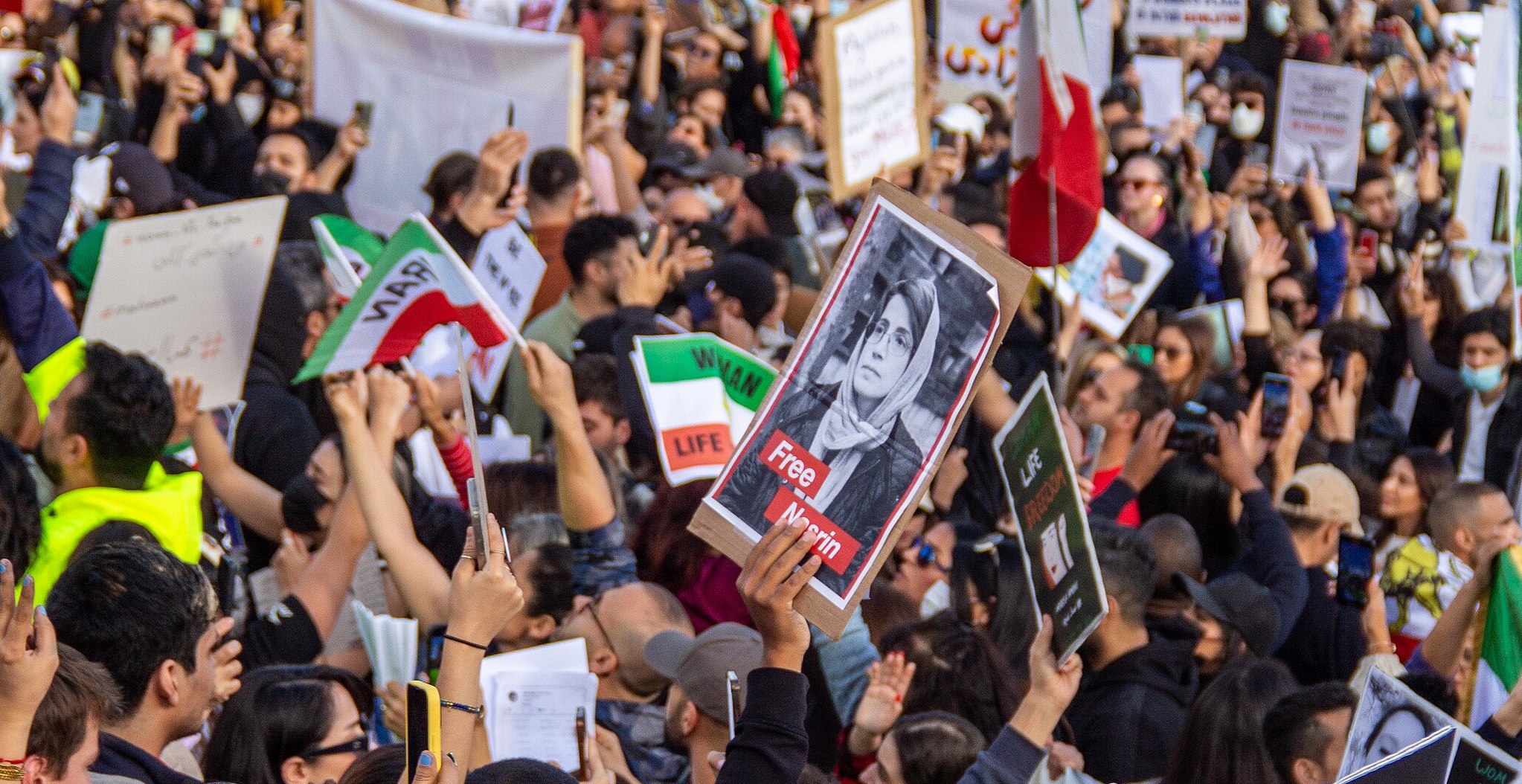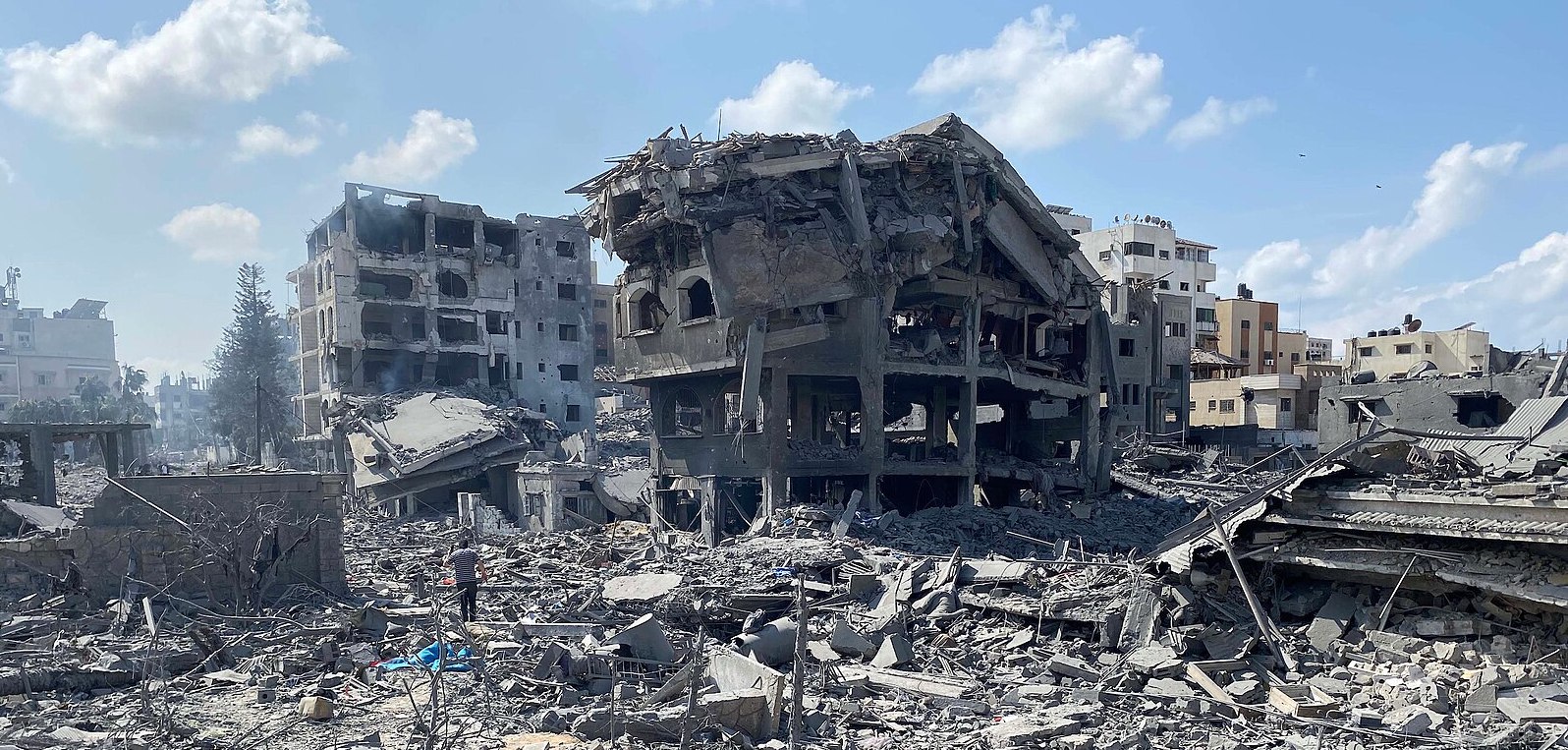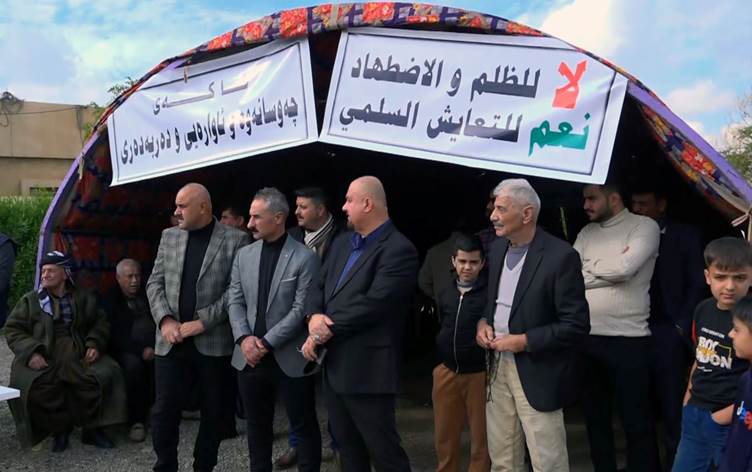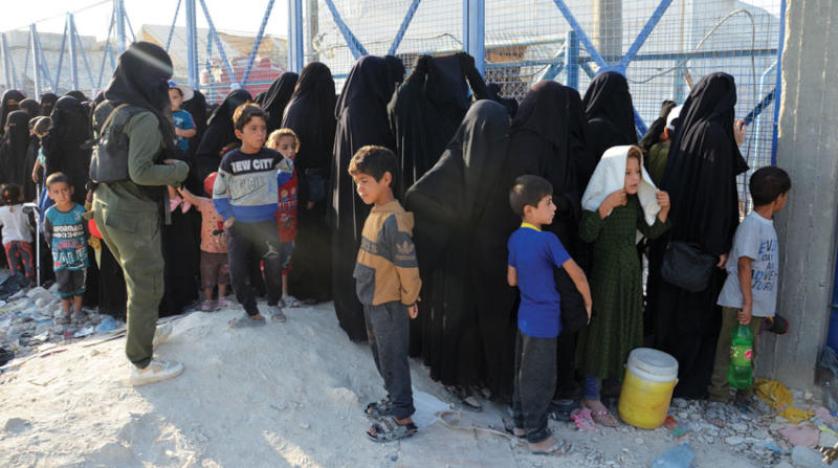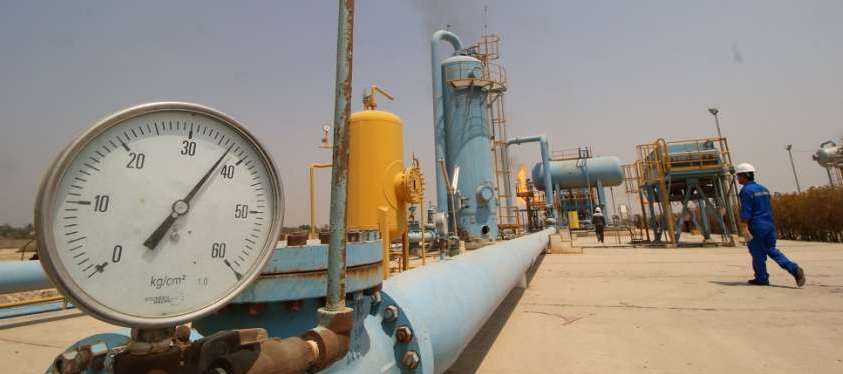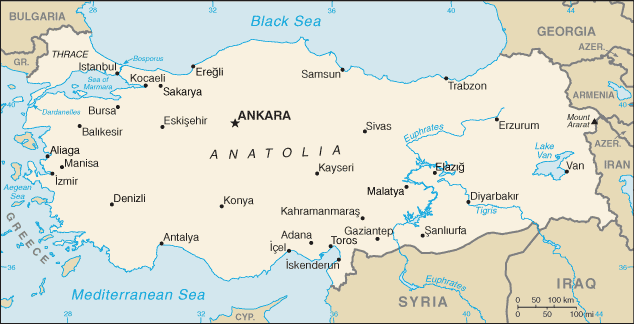
Gaza: flashpoint for regional war? (redux redux)
At least 42 people were reported killed in Israeli air-strikes near the Syrian city of Aleppo, allegedly targeting an arms depot belonging to militant group Hezbollah. Those killed included Hezbollah members and Syrian soldiers—as well as civilians, by some reports. Israeli air-strikes in southern Lebanon meanwhile killed 16 people, and one in Israel was killed by a barrage of rockets fired by Hezbollah from south Lebanon. Earlier, a series of air-strikes on Syria’s eastern province of Deir el-Zor killed 15 people, including a World Health Organization staff member as well as an Iranian military adviser. It was not immediately clear who was responsible for those strikes. But Israel’s intermittent air-strikes on Iran-backed militia forces in Syria have been escalating since the Gaza bombardment began. (Image: Pixabay)



